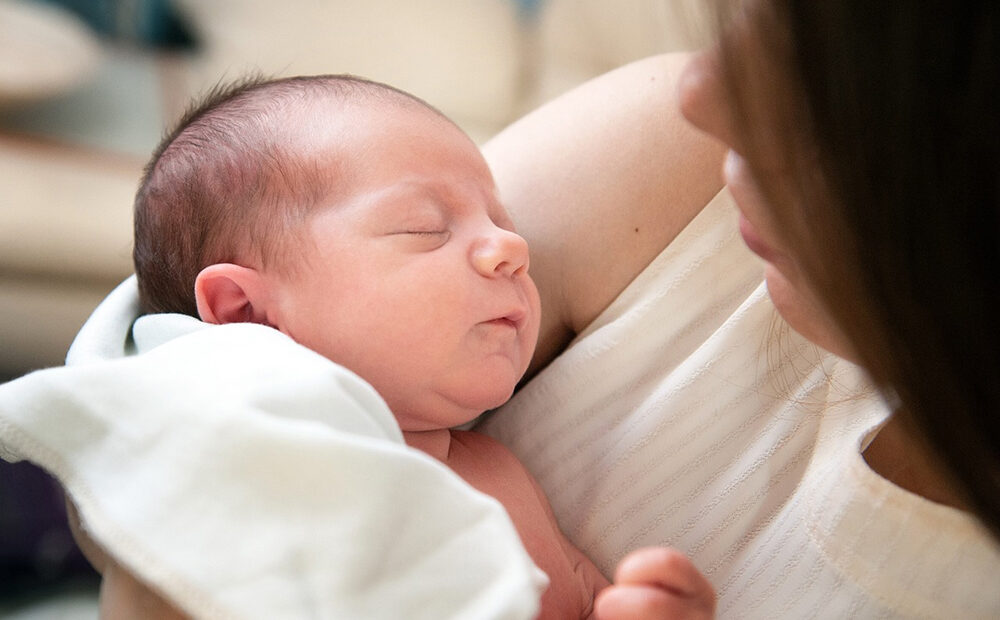
Whitman County reports two cases of pertussis
Listen
(Runtime 0:49)
Read
Whitman County Public Health reported two cases of pertussis, or whooping cough, in the Washington State University student population on Tuesday. The cases at the university give the health department reason to believe there are additional cases circulating in the area. Asotin County also reported one case of pertussis on Sept. 13 in a student in the Clarkston School District.
The illness started circulating through Washington this spring, said Whitman County Public Health Director Chris Skidmore, and has been reported in Spokane and the Idaho Panhandle region.
The best way to protect against pertussis is with a vaccination. Anyone not up to date on their pertussis vaccination should seek care with their health care provider to update their immunization status, according to Whitman County Public Health.
Pertussis is most dangerous to children under a year old.
Other people considered high risk for pertussis include pregnant people in the last trimester who may expose their infant; health care workers with direct patient contact; people working in fields such as childbirth, education and childcare; and people living in a household with an infant.
For infants and young children, the DTaP (diptheria, tetanus, pertussis) vaccine is given in five doses at two, four, six and 15 to 18 months. It’s also given at four to six years.
Boosters are recommended for adolescent children, adults and pregnant women.
For pregnant women, the vaccine is recommended in the third trimester of pregnancy to protect the infant. It also is recommended for family members and caregivers of young infants.
Pertussis begins with cold-like symptoms and develops into a bad cough, which may end with gagging or vomiting. Some children may have a high-pitched “whoop” after they cough. However, infants may not cough at all, and teens and adults may not “whoop” when they cough.
For people who are infected, early treatment with antibiotics can reduce the spread of the disease. People who are close contacts of someone with pertussis may also be prescribed preventive antibiotics.
Infected individuals should self-isolate, especially from infants and the elderly, avoiding contact with others until they have completed at least five days of antibiotics or stay home for 21 days after the onset of symptoms to avoid spreading the infection.
Frequent hand washing for at least 20 seconds with soap and water, the use of alcohol-based hand sanitizers, and covering the mouth and nose when coughing or sneezing can all help prevent spread of the disease.
















